#but then i saw how grief was a unifying theme of the whole scene and That Was It
Text

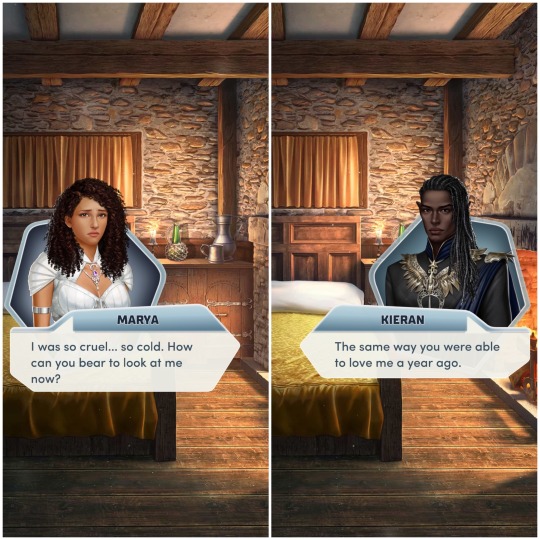

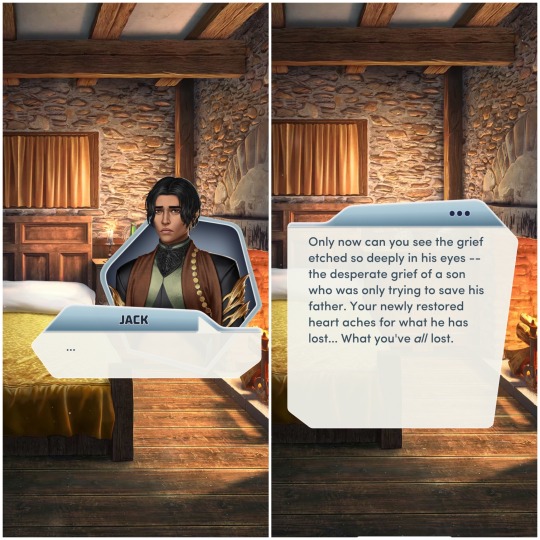
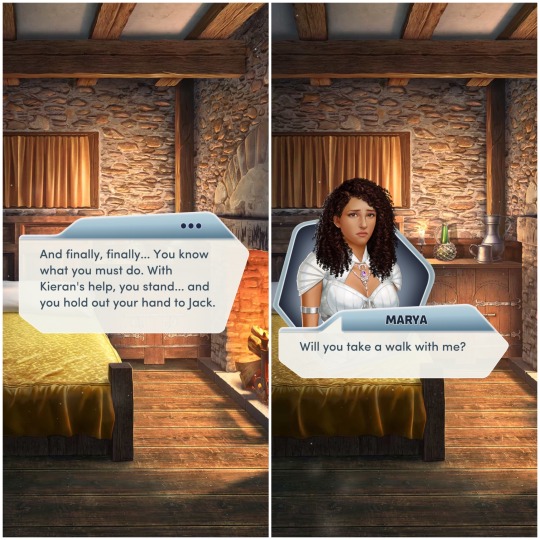
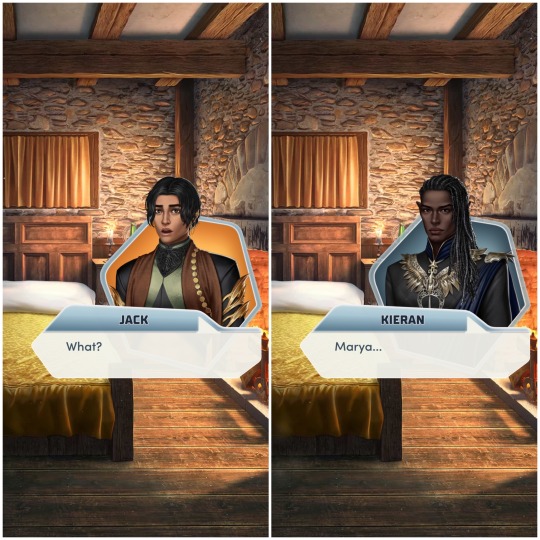

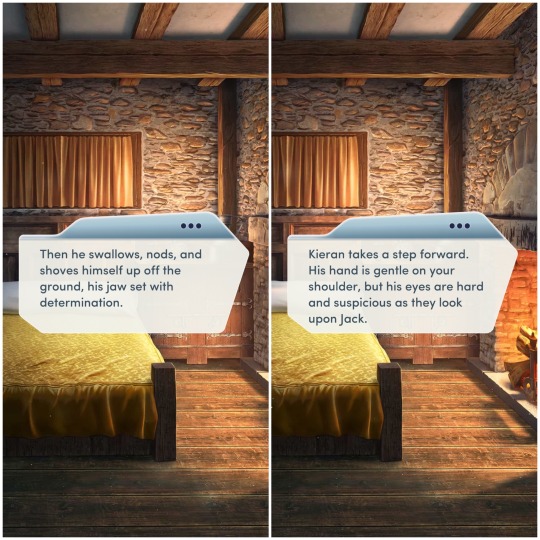
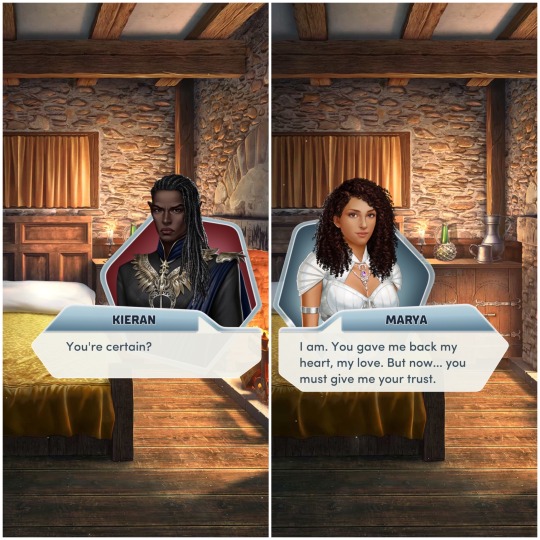
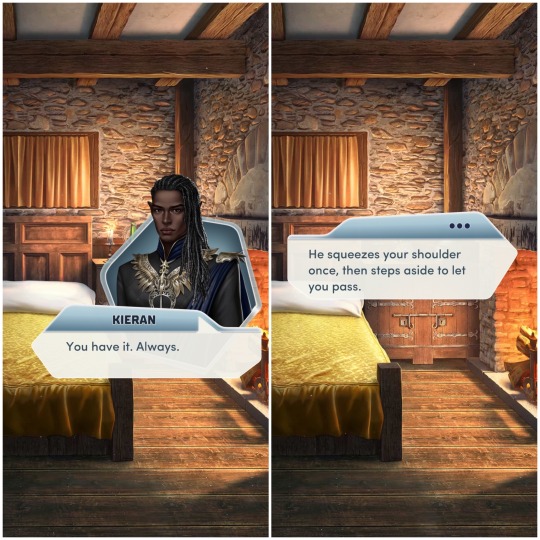
When I Tell You I Breathed, part 3/8
#i almost split this into two posts#one for ‘you helped me find peace in my grief’ and one for ‘now you must give me your trust’#but then i saw how grief was a unifying theme of the whole scene and That Was It#playchoices#choices: stories you play#the cursed heart#tch book 2#prince kieran#kieran x mc#jack tch#screenshots#original post
3 notes
·
View notes
Text
‘Hereditary’ – A Movie Review
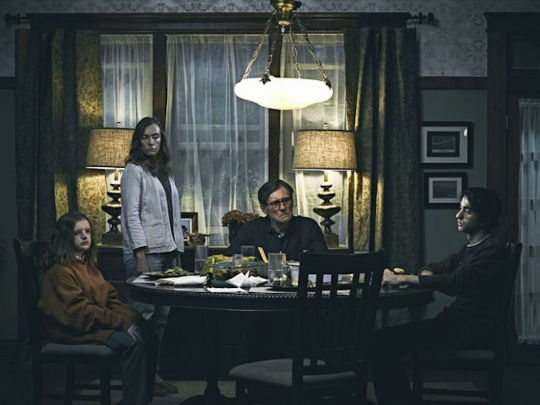
There are countless factors that can affect how a film sits with you, but I often find myself narrowing down my overall impressions into two significant categories; the film’s narrative success and its technical execution. Does the story have an impact on me, and does it use the form of cinema to tell that story in an interesting way? Every film incites different questions that vary wildly from movie to movie, but more often than not, these two all-important questions are what my thoughts boil down to whenever I finish a viewing. The best films weave technical expertise and innovative use of form with their narrative to reinforce the story’s impact on the viewer. But then there are the films which excel in one area, but don’t quite measure up in the other category. That doesn’t stop such films from being praiseworthy, but it can lead to a nagging sense of missed opportunity. If a meaningful narrative with a tight script is saddled with by-the-numbers cinematography, or if stellar editing and camera work is being used to tell a narrative that just isn’t connecting with me, I’ll always feel some level of disappointment that the film in question couldn’t have come together as much as I believe it could have.
Hereditary is one of the most noteworthy films of the year in terms of technical filmmaking, but its story falls short of the impressive creative skills that are on display in every other part of the film.
The film’s plot has a strong start. After a striking first shot which immediately sets an unnerving tone for this horror, we get introduced to our family of characters, pick up on what has recently happened, and, through some intensely focused visual storytelling, are given ominous signs of what might be going on under the surface. If you’re interested and already set on seeing this film, then I’d say that’s more than you need to know, and you should go in to see what kind of movie it is for yourself. However, if you have seen it or don’t mind hearing more if you’re still unsure and need convincing, then please read on.
The opening text tells us that an old woman, a grandmother, has recently passed away, and that her family will be attending her funeral soon. The text is formatted to look like the excerpt from a newspaper, and this is surprisingly effective at immersing you in the film’s world before it even begins, as well as subtly establishing an unspoken impression that the film itself is reporting on the events of the story, and you are the passive reader, taking in what’s happening but powerless to influence the events that are playing out. It’s as if all of this has already happened, and all you can do is observe what went down. A terrific opening.
The opening act establishes the four family members that act as the main characters of the film, including the mother (Toni Collette), father (Gabriel Byrne), a teenage son (Alex Wolff), and a young daughter (Milly Shapiro). We can tell that the mother had an unpleasant past with the grandmother, and that the grandmother interacted in a strange, overly controlling way with the mother’s children when they were born. As much as some members of the family are partly relieved that this difficult relative is no longer around, the hole that the grandmother left behind preys on each of their minds, to the point where we start to wonder if what’s haunting them is really only psychological in nature.
If it seemed like I was suggesting that Hereditary’s story is subpar at the start of this review, I’d like to stress that that isn’t the case. The first half has some compelling family drama that goes to painful places. Despite the extreme emotions on display throughout the film, the relationship between these characters and the reasoning for why they all feel the way they do about certain issues is consistently believable and grounded. Much of this can be credited to each of the four main actors giving standout performances. Collette has a lot of tough scenes on her shoulders and she meets each of them head on by pushing her emotional reactions to her limit without going laughably overboard. Byrne may get overlooked due to the impressive nature of the rest of the cast, but he plays a father that is way out of his depth in a sympathetic and measured way. Shapiro takes the archetypal unsettling young girl role that is so common to horror and injects more vulnerability into her than I was expecting. Finally, Wolff did very impressively as the teenage son. A great deal of the film’s drama and horrific tension rests on him being able to sell the film’s key moments through his reactions, and he nails all of them. While some have criticised how he responds to certain moments like he’s suddenly become a six-year-old child, it never bothered me. If anything, it just made the horror of the situation sink in even more, as it suggests that this person is so terrified that he’s reverting to a more vulnerable version of himself. All in all, the film’s first half has some great family drama to accompany the effective scares. The idea of a difficult grandmother leaving an impact on a mother that makes her feel cursed as she struggles with her own family and fears that she might be passing the curse on to them is a golden premise for any horror story, and the performances make the drama of this premise work.
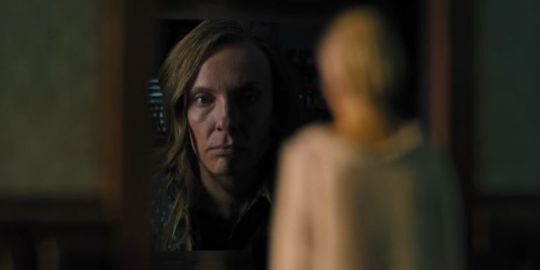
Then, after sowing the seeds that make you reasonably confident you know what direction this horror movie is heading in, it takes a sharp, shockingly unexpected turn. Suddenly, you’re not sure what the film is about, or where on earth it’ll head after this development. Granted, the family drama is still the driving force of the movie, and many of the same themes about struggling with how to process grief and live with your family during an impossibly difficult time are still there. But as far as where you think the plot will take you next, the film sweeps the rug out from under you, leaving you completely stranded. And that’s a terrific move for a horror movie. Certainty and familiarity are the enemy of fear, and by making you second guess yourself like this, the film leaves you alone in a dark, uncharted forest. I was more on edge after the significant turning point, making every scary moment get to me that much more than if we were treading along the predictable path.
But as we approached the final act, the effect had unfortunately dissipated as the ultimate shape of the plot revealed itself. After a certain moment, the nature of what’s going on suddenly clicks in your head, and the all-important fear factor of the unknown loses its edge. After that, I was waiting to see if the film had any big last-minute surprise about how this was all going to resolve, but sadly, it runs its course in a way that’s still somewhat interesting and unnerving to watch, but certainly less compelling than the rest of the film. By the conclusion, I was left wondering what the film’s take-away was meant to be. It presents all these questions about grief, the trauma that a difficult family member can leave behind, and how old scars can push a family to breaking point, but then ends without really saying anything about these issues. It leaves the questions it raises to the audience, and while asking viewers to develop their own answer to what the film presents them with isn’t necessarily a bad approach, in this case it felt like the film created an interesting series of problems and then left before offering any unifying thesis statement on any of it. Horror should of course leave some questions unanswered, but like any decent story, I should be able to take more of a thematic point away than simply “yeah, that’s something, eh?” It’s not a disastrous ending, but Hereditary’s narrative doesn’t end as well as it starts.
Having said that, I still cannot recommend this film enough as a technical achievement within the medium. Every part of the filmmaking process comes together to make Hereditary a superbly crafted cinematic horror experience. The cinematography never stops impressing, taking influences from The Shining with how it presents rooms, houses, and objects of focus. They’re often shot at a distance, with you being able to take them in all at once, much like the miniatures you see the mother working on. But then the camera will start to slowly creep closer towards key figures or objects, creating this uneasy tension as you take in more of the detail of what you’re looking at, and end up getting more intimate with the object of focus than you might be comfortable with. The editing makes excellent, creative scene transitions and connects the shots within a scene together in memorable and insightful ways. The film knows when holding on for an unbearably long time works for the atmosphere, and when to make a quick, unexpected cut to punctuate what’s just happened, or throw you off balance for what’s about to happen. The soundtrack provides some exquisite pieces of horror music, avoiding the cliché and overused sudden sharp violin stings in favour of steady, perpetually creeping atmospheric music which constantly fills you with dread. The sound design is on point, making seeing this in the cinema with surround sound essential. Isolated noises will pop out sharply and startle you with alarming effectiveness. This is Ari Aster’s feature directorial debut, and it’s a hell of an impressive one. Based on this, I’ll be very interested to see what he does next.
Hereditary’s plot may not finish as strongly as I suspect it could have, but enough of the narrative still works for me to make me glad I saw it. When you add to that a whole host of impressive examples of cinematic form, you have a film that might not land well with everyone, but is absolutely one of the year’s highlights.
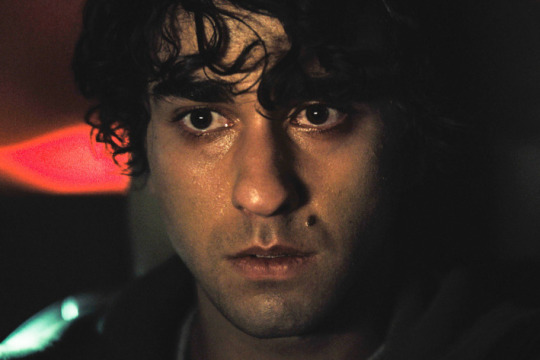
8/10.
Its narrative falls short of all-time greatness, but its presentation can’t be faulted. A terrifying and memorable time.
#The Inquisitive J#film#film reviews#movie reviews#movies#film review#film critic#film criticism#film critique#movie critic#hereditary#hereditary review#horror#horror review#the inquisitive j reviews
2 notes
·
View notes